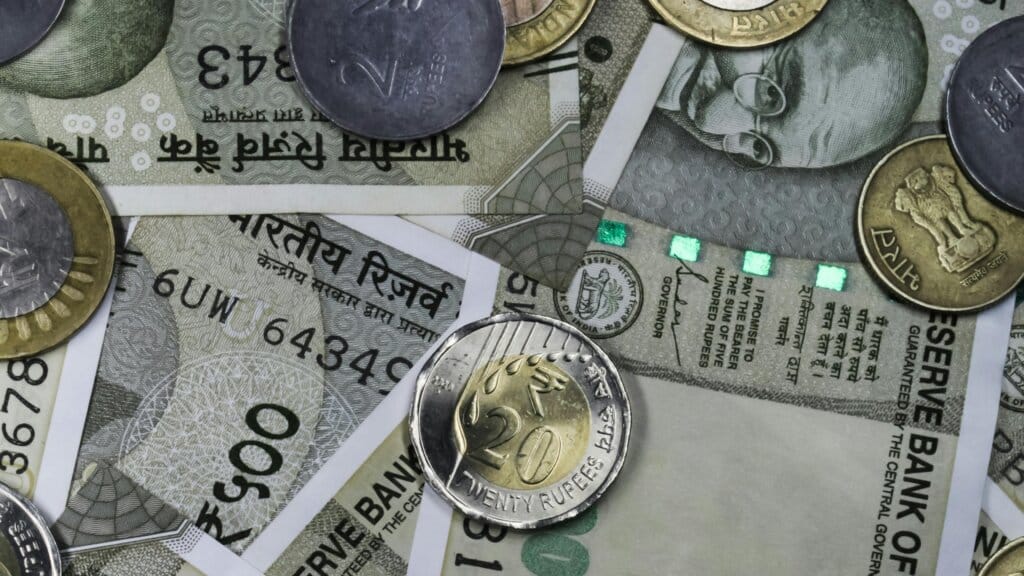Personal finance is essential to a secure and stress-free future.
It teaches you how to manage your money properly by managing your spending, saving for emergencies, and making sound investments.
January is the ideal time to examine your personal financial objectives and develop better financial habits for the next year.
This article will walk you through budgeting, saving, and investing tactics in simple words, allowing you to get control of your money and attain financial stability.
What is personal finance?
Personal finance is the proper management of one’s money in order to achieve financial goals.
This includes:
Earnings include your wage, company revenue, and side income.
Spending includes daily expenditures such as rent, food, and transportation.
Saving is setting away money for future needs.
Investing entails building your money over time.
Debt management entails paying off loans and credit card balances.
Good personal finance management can help you attain financial independence and decrease money-related stress.

Budgeting: plan your finances wisely
What is Budgeting in Personal Finance?
Budgeting is the act of managing your income and spending to ensure that you live within your means.
It helps you to Avoid overspending,Save money for key goals and Be ready for crises.
How to Create a Personal Finance Budget?
- Compute Your Total Income
Include your salary, company profits, freelancing revenue, and any other income sources.
- List your expenses
Fixed expenses include rent, electricity, and loans. Variable expenses include food, entertainment, and shopping.
- Apply the 50/30/20 rule
50% for needs such as rent, food, bills, and healthcare.
30% for Wants such as Shopping, vacation, and amusement.
20% for savings and investments (emergency fund, mutual funds, retirement planning).
- Track and Adjust
Use personal finance apps like Walnut, Money Manager, or Excel sheets to monitor spending.
By budgeting, you can take full control of your personal finances and avoid financial difficulties.
Saving money: secure your financial future
Why is saving important?
Saving is necessary for emergencies such as unexpected medical expenditures or job loss.
Big purchases include buying a car, a house, or supporting college.
For Retirement to Provide a comfortable lifestyle after employment.
Smart Personal Finance Savings Tips
Save before you spend– Prioritize savings above other purchases.
Create an emergency fund– Save at least three to six months’ worth of spending in a separate account.
Automate savings– Use auto-deposit capabilities to move funds to a savings account.
Reduce unnecessary expenses– Reduce takeout, cancel unwanted subscriptions, and purchase only what you require.
Keep a separate savings account– This keeps you from wasting your savings on daily costs.
Good personal finance practices lead to financial security and less stress.
Investing: grow your wealth over time
Why is investing important for personal finance?
Investing allows your money to increase over time rather than simply sitting in a savings account.
It helps:
Beat Inflation: Savings lose value over time as prices rise.
Build Long-Term Wealth: Investments accumulate over time, assuring a secure future.
Achieve Financial Freedom: Passive income can help you retire early.
Best personal finance investment options
- Fixed deposit (FDs)
Safe with guaranteed returns.
Suitable for safe short-term savings.
- Mutual funds
(SIPs) Invest in equities and bonds using a Systematic Investment Plan.
Perfect for long-term wealth growth.
- Stock (shares)
Purchasing stock can result in significant long-term rewards.
Requires research and patience.
- Gold Investments
Purchasing gold coins, digital gold, or jewelry is a solid long-term investment.
- Public Provident Fund(PPF)
A government-sponsored savings plan with tax advantages.
Ideal for retirement planning.
- Real Estate
Purchasing property can bring long-term financial security.
Investing is an important aspect of personal finance since it allows money to increase more quickly than inflation.
Personal finance goals for January
January is the ideal month to make financial resolutions and plan for a financially secure year.
Here are some easy yet effective personal financial goals to accomplish this month:
- Create a personal finance budget by carefully tracking income and spending.
- Save at least 20% of your income. Begin with tiny but consistent savings.
- Create an emergency fund with at least 3-6 months of expenditures saved.
- Start investing with SIPs in mutual funds or other secure options.
- Reduce Debt by Paying off high-interest debts and minimize excessive borrowing.
- Cut unnecessary expenses and Prioritize Needs Over Impulse Spending.
Setting minor financial objectives in January might help you develop good personal finance habits throughout the year.

Common personal finance mistakes to avoid
Many people make financial blunders, which lead to financial difficulties.
Here are some errors you should avoid:
- Not tracking expenses can lead to overspending and financial hardship. Ignoring money might lead to unforeseen bills, causing troubles.
- Investing without research leads to poor financial judgments.
- Using Too Many Credit Cards that can lead to High interest rates can lead to debt traps.
- Start early to ensure your future and do prepare for retirement.
Avoiding these blunders improves personal financial management and stability.
Conclusion
Managing your finances correctly is essential for a stress-free and prosperous existence.
You may attain financial stability and long-term riches by making a budget, saving sensibly, and investing strategically.
January is an excellent time to take charge of your money and make objectives for a financially successful year.
Start small, be consistent, and watch your money increase.
“Good personal finance habits today will lead to a wealthy and secure future!”
Also check: Market trends in 2025









